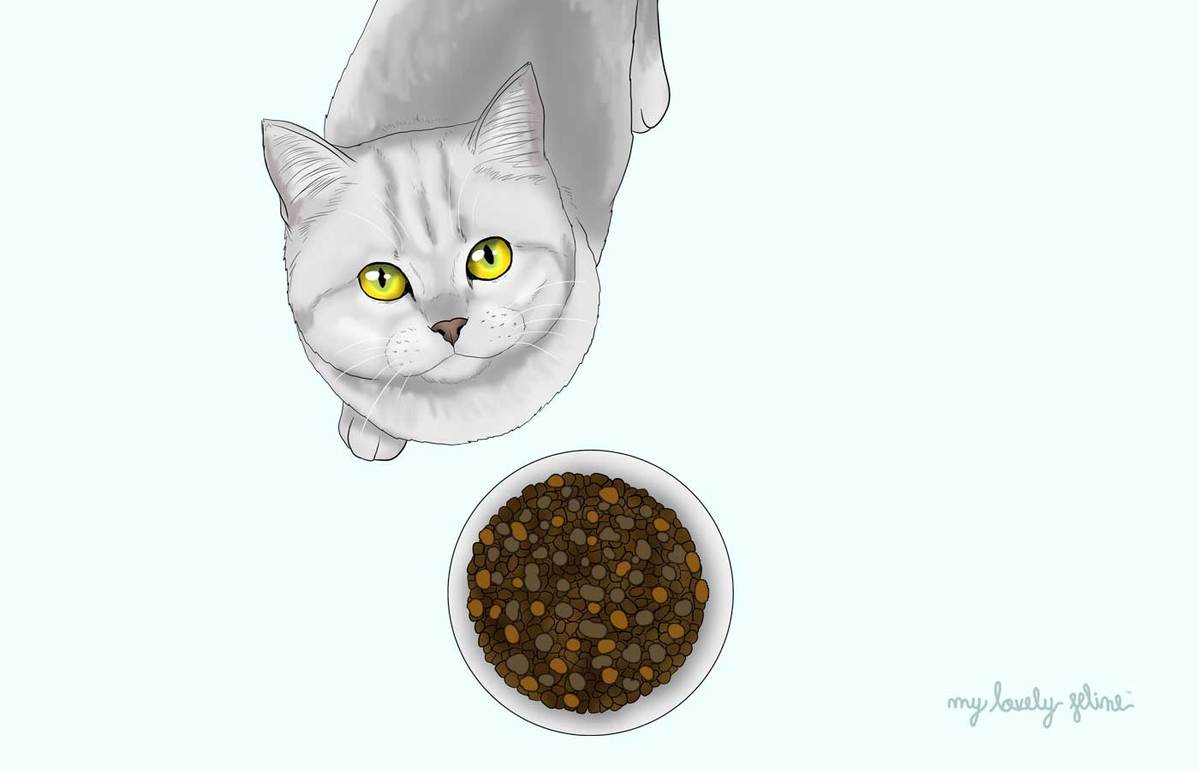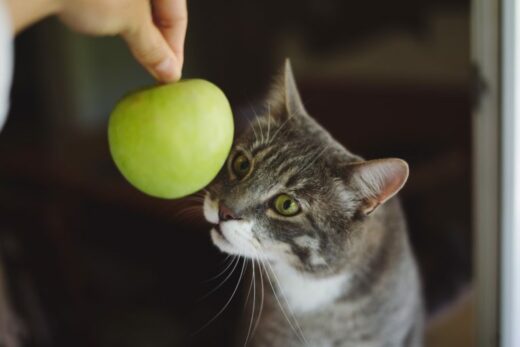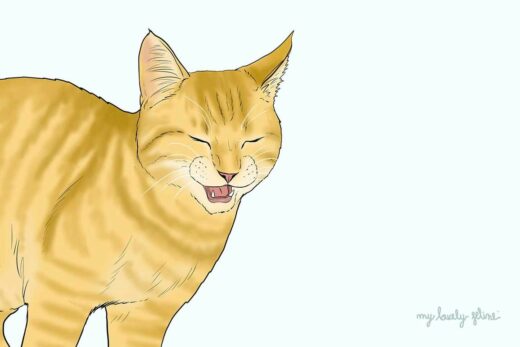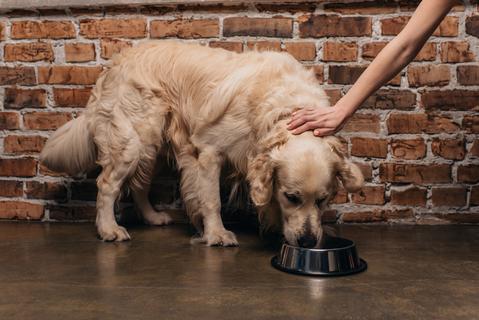
| Loss of appetite can be a very scary thing for cat owners. Although it doesn’t always mean something’s wrong, sometimes, it can be the first indicator that there’s a problem. We’ll take a look at the most common causes and what you can do to get your cat back on track. |
Why Isn’t My Cat Eating?
Loss of appetite can be a very scary thing for cat owners.
Although it doesn’t always mean something’s wrong, sometimes, it can be the first indicator that there’s a problem.
We’ll take a look at the most common causes and what you can do to get your cat back on track.
Reason #1 Minor Nausea
Just like us, when cats have upset tummies, they tend to lose their appetite.
While many things cause nausea, there are also a lot of unknowns. They could eat something off the floor or a bug that bothered them. If they recently vomited a hairball, their stomach might be off.
They may have eaten too fast, vomited, and now they don’t want to eat. Constipation and diarrhea could be contributors to a loss of appetite.
What to Do:
As long as your cat is acting normal, it’s usually safe to just monitor them.
You can talk to your vet about giving them famotidine, an OTC human heartburn medicine, or even ask about getting a prescription of Cerenia, an anti-nausea med that works fantastic in cats.
After stomach issues, cats may not want to eat, and it’s not unheard of to give them an appetite stimulant (called mirtazapine) to get them eating again. Just ask your vet.
Reason #2 Toxins or Obstruction
It’s more common in dogs, but sometimes cats eat things they shouldn’t.
Different plants, foods, and chemicals can be toxic to cats, and often cause a loss of appetite.
Additionally, a foreign body obstruction can get lodged in the intestines, causing loss of appetite and lethargy. If the foreign body isn’t removed, the outcome could be fatal.
What to Do:
If you suspect your cat consumed anything they shouldn’t have, whether it’s a plant, food item, or object, call your vet immediately and if you can’t reach them, contact the closest veterinary hospital.
Time is of the essence for an ingested toxin or foreign body obstruction, and it’s crucial they get care immediately.
Reason #3 Parasites
Parasites can cause discomfort in cats if left untreated. Mild parasite infestations will likely not have much of an impact, but some infestations can be severe, and parasites can travel from the intestines into the stomach, and even the lung.
What to Do:
If you happen to see worms your cat vomited or worms in their poop, either save a sample or take a picture to show your vet.
Dewormers are very safe for your cat, but your vet needs to know which parasite is the culprit to administer the right dewormer.
If you don’t know if your cat has parasites but think they might, you can provide your vet with a stool sample for analysis, or ask them to administer a broad dewormer that will kill most parasites.
Reason #4 Gastrointestinal Diseases
Chronic stomach issues like inflammatory bowel disease (IBD) or colitis can impact your cat’s appetite, as well as cancer in the GI tract.
What to Do:
If your cat is having consistent issues with their appetite and digestion, you’ll want to have them evaluated by your vet.
You’ll need further diagnostics to diagnose IBD, colitis, or cancer. All are treated very differently, so work closely with your provider on a treatment plan.





